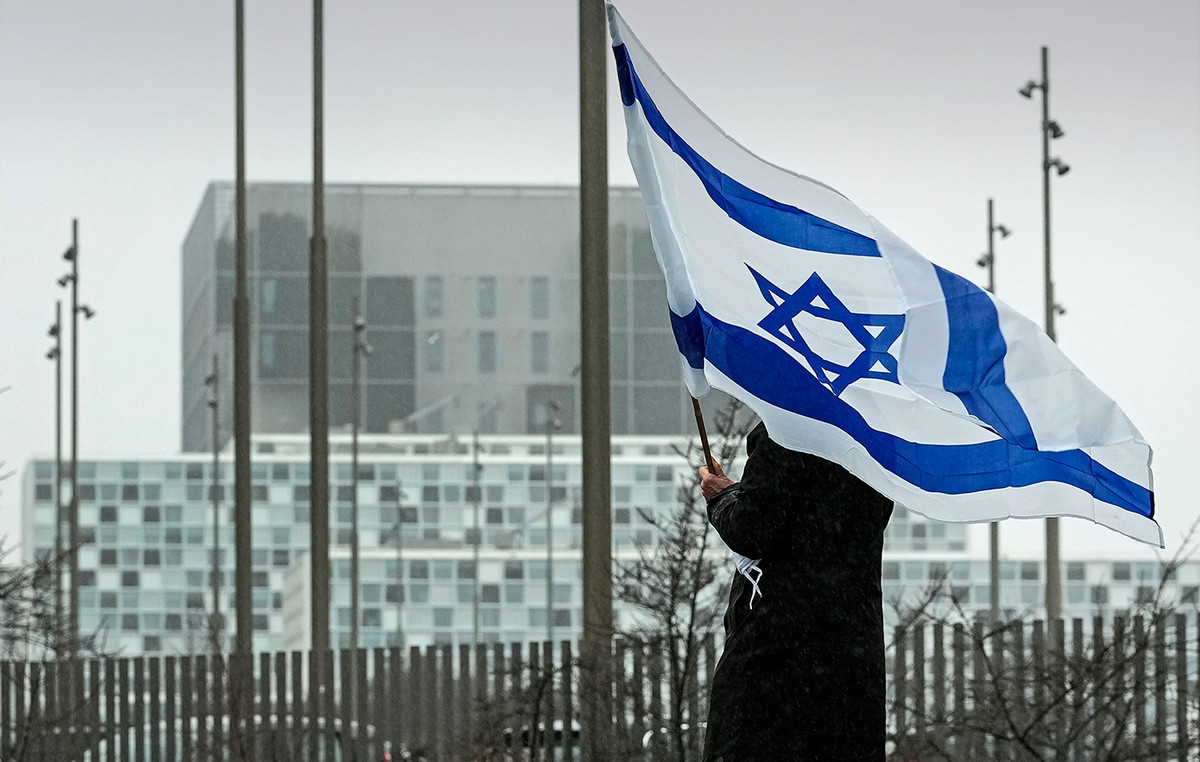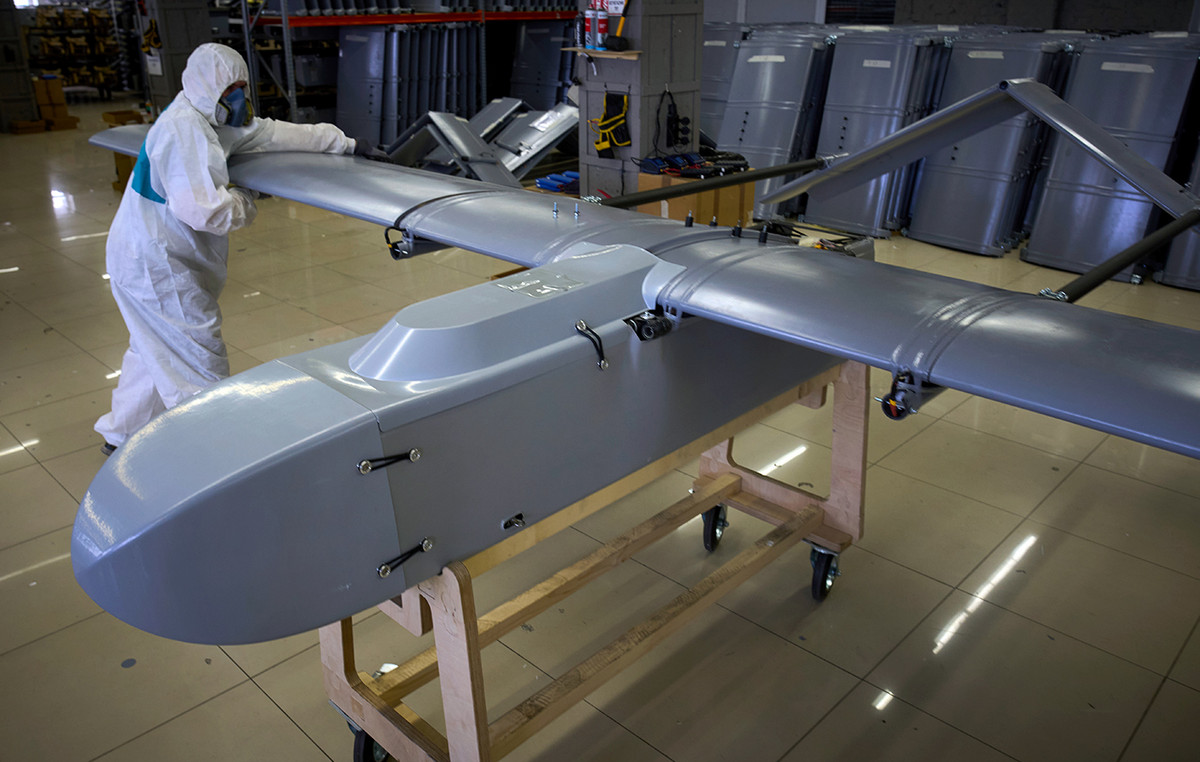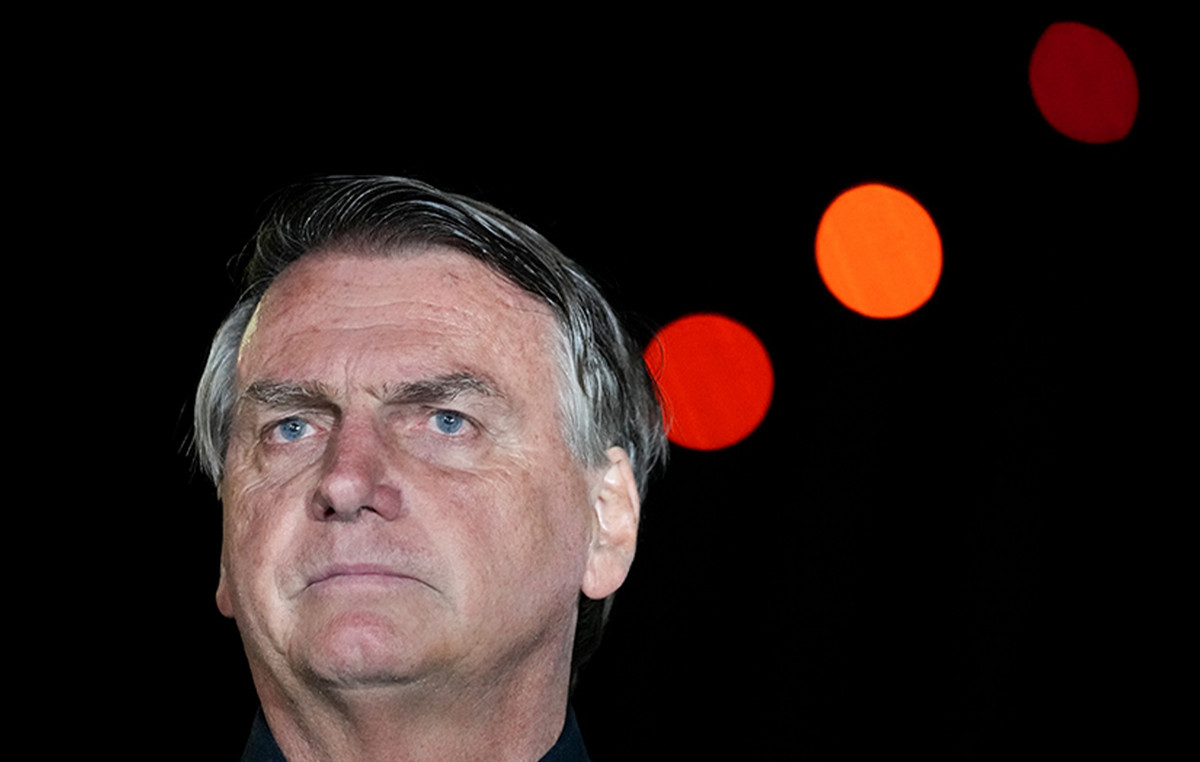Yevgeny Prigozhin, the head of the Russian mercenary group Wagner, was among the passengers of the plane that crashed, this Wednesday (23), in Russia, on a trip between Moscow and St. Petersburg.
The Russian civil aviation authority said Prigozhin and another Wagner founder, Dmitry Utkin, were on board. All 10 occupants of the aircraft died in the crash, according to state news agency TASS.
The Wagner group, founded by Prigozhin, has become one of the key elements in the development of the conflict between Russia and Ukraine.
What is the Wagner group?
The Wagner group, or PMC Wagner, is a private and paramilitary organization created in Russia in 2014. Organized as a kind of private army made up of mercenaries, the Wagner group has built up a strong relationship with the Russian government of President Vladimir Putin over the years and has achieved international performance.
A CNN tracked the mercenaries in the Central African Republic, Sudan, Libya, Mozambique, Ukraine and Syria.
See: Documents show how mercenaries from the Wagner group act in the war
According to the analyst of the International CNN Lourival Sant’Anna, the name Wagner honors in its name the favorite composer of the leader of the Nazi Party, Adolf Hitler: Richard Wagner (1813-1883). One of the founders of the mercenary organization, Dmitry Utkin, is a Nazi, with several tattoos about the ideology.
The first records of Wagner’s active performance date back to the 2014 crisis that led Russia to annex Crimea, in eastern Ukraine. Since then, they have spread across three continents, often targeting politically unstable countries.
Many of the countries where Russian mercenaries operate have large reserves of natural resources. According to the investigation of CNN, for example, in Sudan and the Central African Republic (CAR), mining rights for gold and diamonds were granted to companies linked to Prigozhin.
In Syria, the group’s mercenaries have secured oil fields in exchange for a percentage of the profits.

To act on the front line in the war in Ukraine, which began in February 2022, the Wagner group, led by Prigozhin, conducted a mass recruitment of Russian prisoners in exchange for relief or forgiveness of their sentences. The West estimates that 40,000 to 50,000 prisoners were recruited. The recruiting program was suspended in February this year without official explanation.
Two former fighters from the Wagner group told the CNN about your Horrific Battlefield Experiences in Eastern Ukraine and how anyone who faltered was immediately shot by his own commanders. The two fighters were captured by Ukrainian forces late last year. A CNN did not disclose their identities for their own safety.
The two men described how they were recruited by Wagner. In August and September last year, Prigozhin arrived by helicopter at the prisons where they were being held, offering six-month contracts in exchange for a pardon. One of the men still had 10 years in prison ahead of him after a manslaughter conviction.
“The first steps into the forest were difficult because of all the landmines lying around. Out of every 10 guys, seven were killed immediately,” reported one of the prisoners.
“You cannot help the wounded,” he added. The alternative of walking through minefields towards Ukrainian artillery was equally lethal, according to the men’s accounts. “We couldn’t retreat without orders because if we don’t carry out the order we will be killed,” said one of the prisoners.
Who is Yevgeny Prigozhin?
Dead on Wednesday, Yevgeny Prigozhin, until then head of the Wagner group, and was at the forefront of much of the fighting in Russia’s war against Ukraine.
Prigozhin met Russian President Vladimir Putin in the 1990s. He became a wealthy oligarch by winning lucrative Kremlin dining contracts, earning him the nickname “Putin’s chef”.
His transformation into a war fighter came after the Russian-backed separatist movements in 2014 in Donbass, in eastern Ukraine.
Prigozhin founded Wagner to be a mercenary group fighting both in eastern Ukraine and, increasingly, for Russian-backed causes around the world.
Over the years they have developed a particularly horrific reputation and have been associated with various human rights abuses.

While many regular Russian troops had setbacks on the battlefield, Wagner’s fighters seemed to be the only ones capable of making tangible progress.
Prigozhin used social networks to make lobby for what it wants and has often rivaled Russia’s military leadership, presenting itself as competent and ruthless in contrast to the military establishment.
Disagreements with Russia
His disagreements with Russia’s top brass officially came to light during Ukraine’s relentless battle for Bakhmut, during which he repeatedly accused the military leadership of not supplying his troops with enough ammunition.
Putin presides over what is often described as a court system, where infighting and competition between elites are indeed encouraged to produce results, as long as the “vertical of power” remains loyal and accountable to the head of state.

In a video released in early May of this year, Prigozhin stood alongside dead Wagner Group fighters and specifically named Russian Defense Minister Sergei Shoigu and the head of the Russian Armed Forces, General Valery Gerasimov.
“The blood is still fresh,” he says, pointing to the bodies behind. “They came here as volunteers and are dying so you can sit like fat cats in your luxury offices.”
June Rebellion
The conflict between Moscow’s military leadership and Yevgeny Prigozhin, the head of the private Wagner mercenary group, erupted into an open insurrection that plunged Russia into uncertainty and the very real threat of civil war.
On June 23 of this year, Prigozhin openly accused Russia’s military of attacking a Wagner group camp and killing a “large amount” of its men.
He vowed to retaliate with force, hinting that his forces would “destroy” any resistance, including blocking roads and aircraft. “We are 25,000 and we are going to find out why there is so much chaos in the country,” he said.
Prigozhin’s plot involved the capture of Defense Minister Sergei Shoigu and Army General Valery Gerasimov when the pair visited a region along the border with Ukraine.
Recall: Timeline: Understand the Wagner group rebellion in Russia
Russia’s Federal Security Service (FSB) learned of the plot two days ahead of schedule, forcing Prigozhin to change his plans at the last minute and launch a march towards Moscow, according to the report.
Wagner’s mercenaries took control of an important military base in the southern Russian city of Rostov-on-Don, and his troops began to approach the capital Moscow.
Prigozhin released a video saying his forces would blockade Rostov-on-Don unless Defense Minister Sergei Shoigu and Russia’s top general Valery Gerasimov came to meet him.
Hours later, Putin delivered a speech to the nation that illustrated the depth of the crisis. “Those who deliberately take the path of treason, preparing an armed rebellion when you were preparing terrorist attacks, will be punished,” Putin said.
The Russian president said that “any internal turmoil is a mortal threat to our state for us as a nation; it is a blow to Russia for our people and our actions to protect our homeland. Such a threat will face a severe response.”
Source: CNN Brasil
Bruce Belcher is a seasoned author with over 5 years of experience in world news. He writes for online news websites and provides in-depth analysis on the world stock market. Bruce is known for his insightful perspectives and commitment to keeping the public informed.







